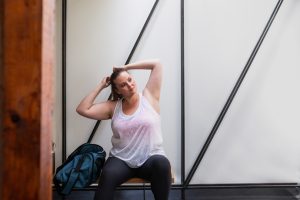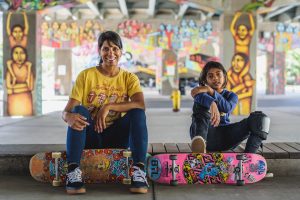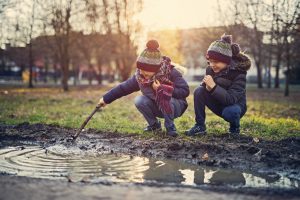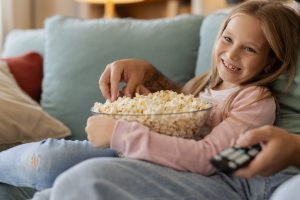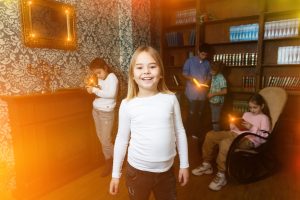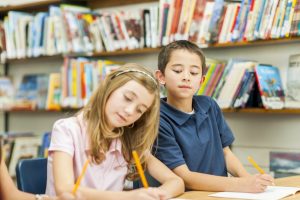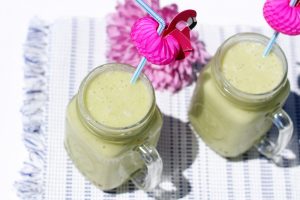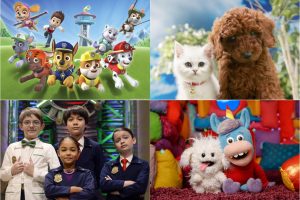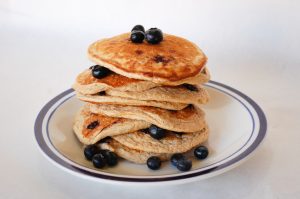The Importance of Physical Literacy
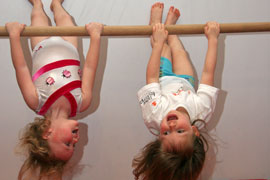
Do we blame TV time, diet or busy parents? The failing grade that Active Healthy Kids Canada gives Canadian children each year causes lots of soul searching.
Why aren’t our children more active?
We’re asking the wrong question; it’s like asking “Why aren’t our kids reading more books?” when they can’t read. Canadian children are less physically active because they are less physically literate than previous generations.
Physical literacy doesn’t refer to specific sports skills, rather it is general physical competence and confidence. Think agility, balance, coordination, strength, flexibility, and speed (fundamental movement skills), coupled with a desire to be active.
Just like linguistic literacy, physical literacy is best developed from six months to six years of age when the mind and body are building foundations.
A physically literate child has the necessary motor skills and confidence to play any sport they choose recreationally, and a far greater chance of finding one where they excel.
If a child is not physically literate, they are tied to the few sports they acquired sport-specific skills from when young. If they lose interest, or if this sport doesn’t suit their physical strengths, they often lack the versatility to adopt a new sport.
The best route to physical literacy? According to Canada’s Long-Term Athlete Development Plan, under sixes should spend most of their time at unstructured active (often outdoor) play. Varied movements and the capacity to hold children’s interest make active play the foundation of physical literacy. Go to the park, ride your bike, run in the sprinkler or play hide-and-seek outside. This play can be supplemented with well-structured programs that develop all fundamental movement skills (gymnastics and swimming are two good examples).
Help your child become physically literate by providing them with opportunities to acquire fundamental movement skills, solidify them through repetition and combine them through active play. Most importantly, make sure they are having fun.
Only when our children are given these tools, along with the knowledge that active play is fun, will we raise them to be active for life.


